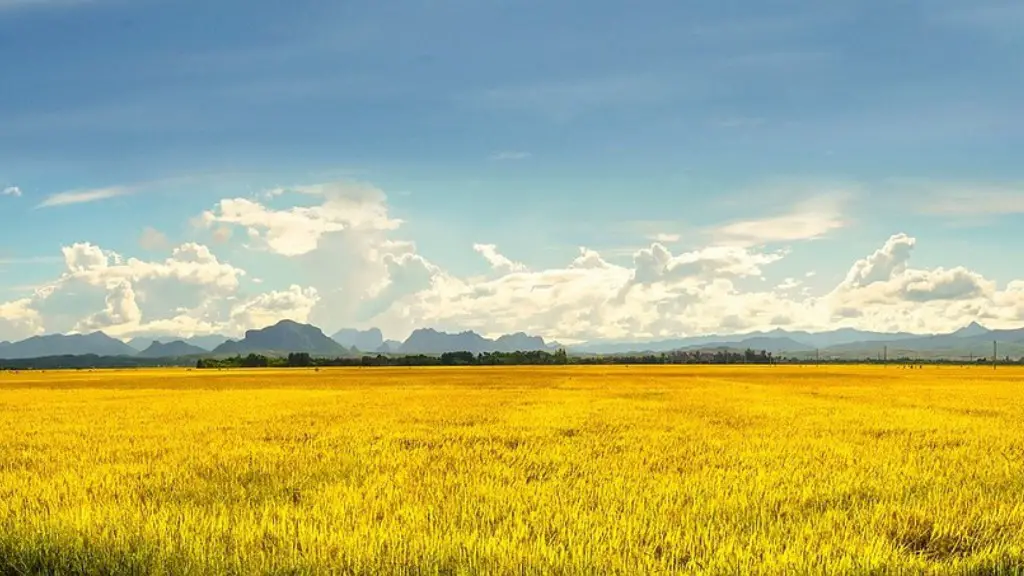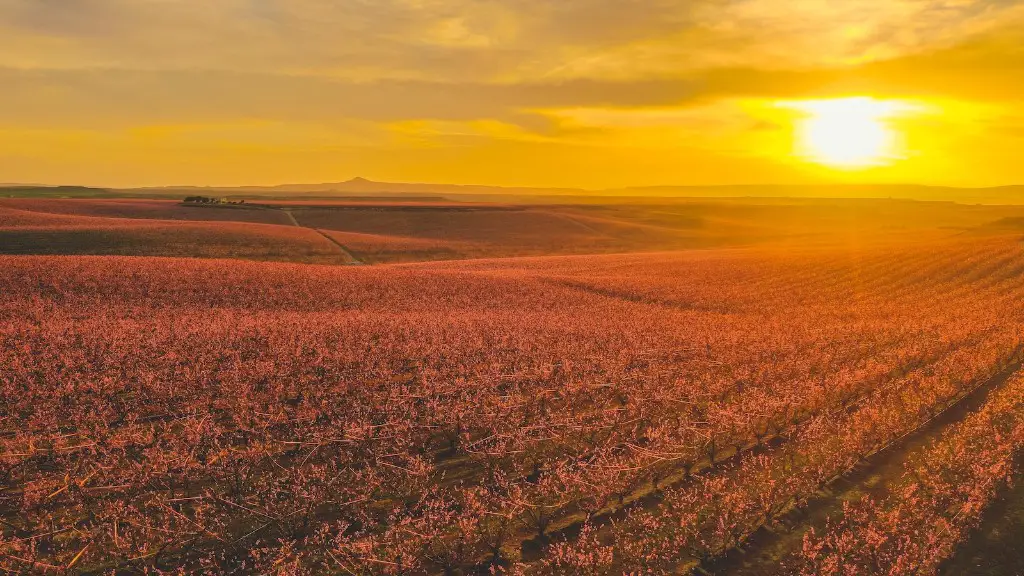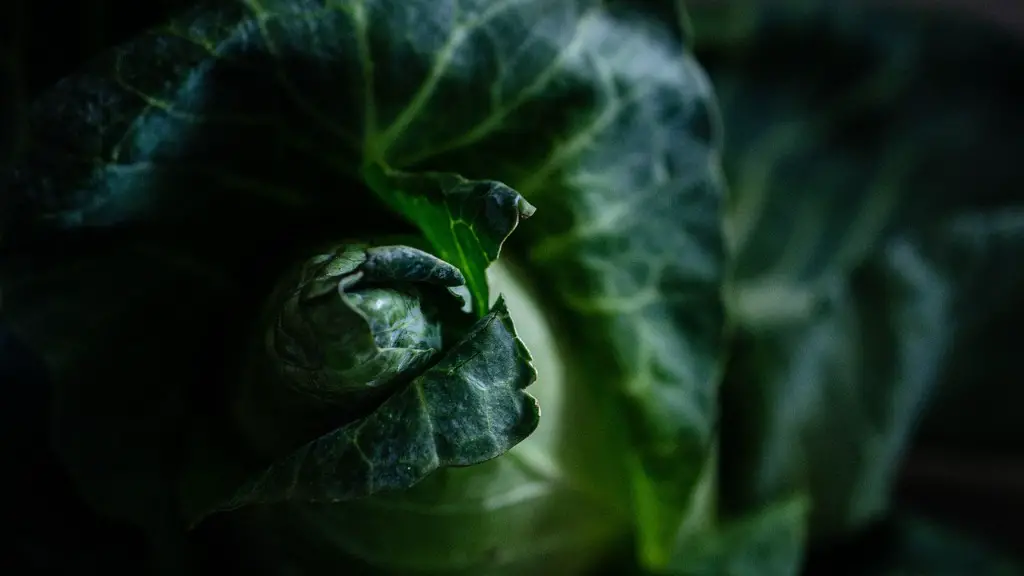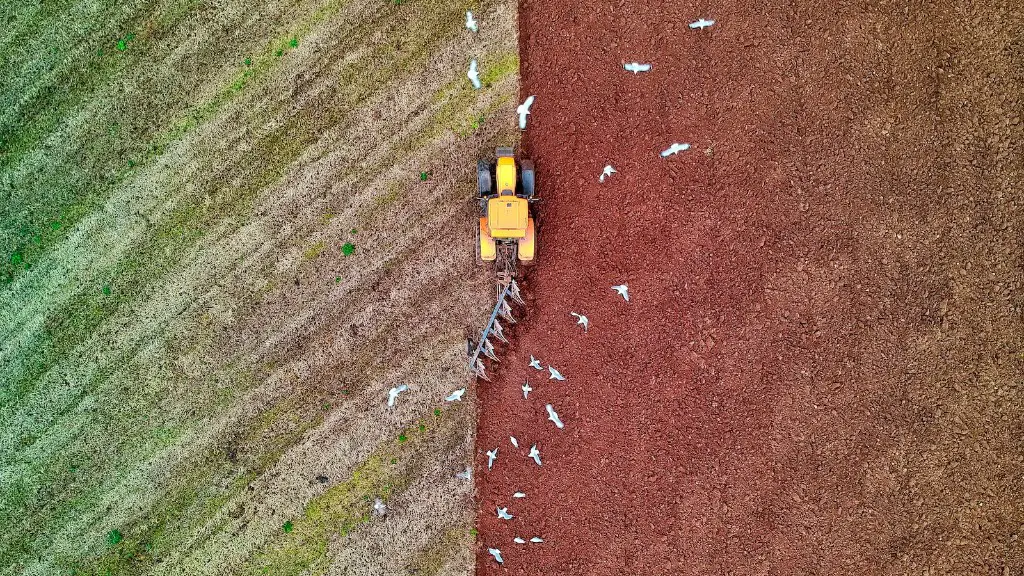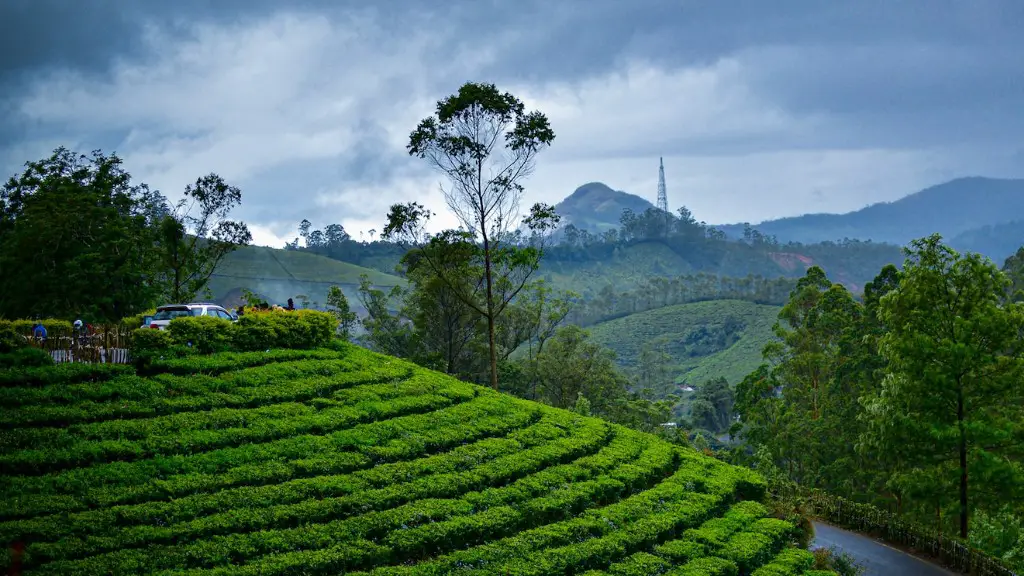In recent years, there has been an increase in public concern over the use of pesticides in agriculture. Pesticides are chemicals used to kill pests, and they are often used in large quantities in agriculture. Some people worry that these chemicals can be harmful to human health and the environment.
There are a number of ways to reduce pesticide use in agriculture. One way is to use pest management practices that rely on natural predators and parasites to control pests. Another way is to use crop rotations and other cultural practices that make crops less susceptible to pests. Additionally, farmers can use more targeted applications of pesticides, such as using only enough pesticide to kill the specific pests that are present.
Reducing pesticide use in agriculture is important for protecting human health and the environment. By using more sustainable pest management practices, farmers can help to make agriculture more sustainable and reduce the negative impacts of pesticides.
Farmers can reduce pesticide use in a number of ways, including:
• selecting pest-resistant crops
• using pest management practices such as crop rotation and reduced tillage
• scouting fields regularly to identify and target pest populations
• using biological controls such as predatory insects and fungi
• applying pesticides only when necessary, and using the least toxic products available
How can you reduce the risk of pesticides?
Pesticides can be harmful to human health and the environment if not used properly. It is important to follow the instructions on the product label and only apply the amount of pesticide needed. Pesticides should also be kept away from children and pets.
Pesticides can be extremely harmful to the environment. They can contaminate soil, water, turf, and other vegetation. In addition to killing insects or weeds, pesticides can be toxic to a host of other organisms including birds, fish, beneficial insects, and non-target plants. Pesticides can also contaminate groundwater, surface water, and drinking water.
How can we reduce the impact of pesticides on natural enemies
There are a few things to keep in mind when choosing pesticides in order to avoid harming natural enemies and pollinators. First, choose a nonpersistent pesticide so that it does not linger in the environment. Second, be selective with your pesticide application and only target the specific pests that are causing problems. Finally, try to choose an insecticide with the least possible adverse effect on natural enemies and pollinators.
Perennial pasture and crops, cover crops in rotation for annual crops, and good grazing management for livestock producers are three basic practices to reduce synthetic fertilizer use. These practices build soil carbon, which is the key to fostering soil health and plant fertility.
How do you remove pesticides from plants?
Rinsing produce in warm water for at least one minute or longer can help reduce pesticide presence on produce. Soaking produce in warm water is one of the easiest and most effective ways to remove pesticide residues.
It is always a good idea to wash your fruits and vegetables, no matter where they come from. Washing with water reduces dirt, germs, and pesticide residues that may be on the surface of the produce. Rubbing the produce under running water is better than dunking it in a bowl of water. Be sure to wash all of the nooks and crannies of the produce, too!
What is the best way to remove pesticides?
This is exciting news for people looking for a more natural way to clean their fruits and vegetables. The study showed that a 10% salt water solution was effective in removing common pesticide residues, including DDT. It is important to rinse with fresh water afterwards. Bicarbonate of soda is a great alternative to using harsh chemicals. Simply add 1 teaspoon of bicarb to 2 cups of water and soak for 15 minutes.
Pesticide reduction is a complex and challenging issue. The use of pesticides has been linked to a variety of adverse health and environmental effects. There is thus a need to develop strategies for reducing pesticide use.
One approach is to improve agronomic practices. This can involve measures such as optimizing fertilizer application, using mulches and cover crops, and practicing crop rotation. These measures can help to reduce the pest pressure and the need for pesticides.
Another approach is to develop and use crops that are resistant to pests. This can involve breeding or genetically modifying crops to make them more resistant to pests and diseases.
Another approach is to use bio-control and natural pesticides. This can involve the use of natural predators and parasites to control pests, and the use of plant-derived pesticides.
Another approach is Integrated Pest Management (IPM). This involves a combination of different measures, such as those mentioned above, to reduce the use of pesticides.
Another approach is agroecology. This involves managing ecosystems in a way that reduces the need for pesticides.
Organic agriculture is another approach that can help to reduce pesticide use. This involves using methods that are compatible with organic standards, such as using crop rotation and using natural
How do you remove pesticides from water
Reverse osmosis filters are very effective at removing most contaminants from water, including pesticides. However, they are not 100% effective and some contaminants may still be present in the water. It is important to remember that reverse osmosis filters only remove contaminants from the water, they do not remove bacteria or viruses.
And pour enough water in it now put one tablespoon of baking soda in it baking soda is easily available in the market and it will help to clean your cutlery in an effective manner.
How can we get rid of pesticides in the environment?
If any product remains in the container it must be disposed of as household hazardous waste. To find out where to take your unwanted pesticides, contact your local household hazardous waste, call 1-800-CLEANUP (1-800-253-2687), or talk to your state’s environmental agency.
This is because the rain can wash away the pesticide before it has a chance to be absorbed by the plant. If the rain comes later, the pesticide has had more time to be absorbed and is less likely to be washed away.
Can pesticides be washed off produce
Kaye learned that washing with water is the best way to remove dirt, germs, and pesticide residues from fruits and vegetables. She also learned that holding the produce under flowing water is more effective than simply dunking it.
Pesticides can be absorbed into plants through their leaves and roots. Pesticides that are taken up by plants can move (translocate) to other parts of the plant. Herbicides that are taken up by the plant (systemic herbicides) often are designed to interfere with the plant’s development by mimicking plant hormones.
What is eco oil made from?
Eco-Oil is a registered miticide/insecticide. It is a botanical oil that contains canola oil, eucalyptus oil, melaleuca oil and several surfactants. Surfactants help the oil stick to the leaf. It controls pests by contact, so complete coverage of plants is important.
Soluble pesticides can be carried away by water molecules, especially during precipitation events. They can percolate downward into the soil layers and eventually reach surface waters and groundwater. This can degrade water quality and reduce the supply of clean water for potable water.
Conclusion
There are a few ways to reduce pesticide use in agriculture:
– crop rotation: growing different crops in succession on the same land to manage pests and help maintain soil health
– using organic fertilizers and pest controls
– growing cover crops: plants that are grown to protect or improve the soil, rather than for harvest
There are a number of ways to reduce pesticide use in agriculture. One way is to encourage farmers to use integrated pest management (IPM) programs. IPM programs make use of a combination of pest control methods, including biological control, cultural control, mechanical control, and chemical control. Another way to reduce pesticide use is to encourage the use of sustainable agriculture practices. Sustainable agriculture practices help to reduce the amount of pesticide and fertilizer runoff, and they also help to conserve water and prevent soil erosion.
